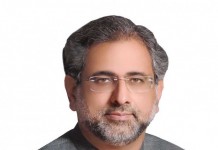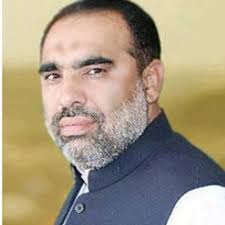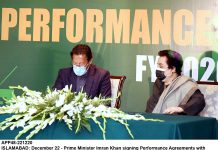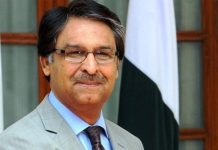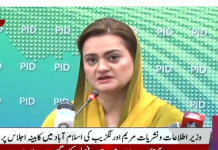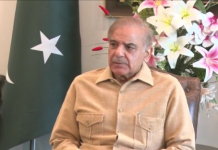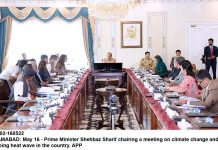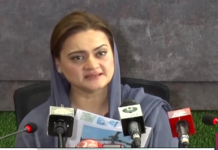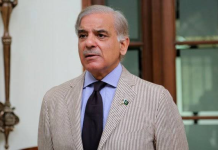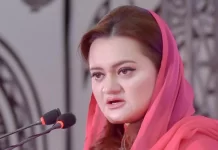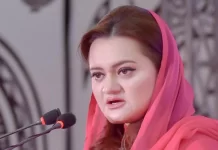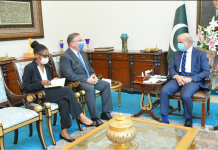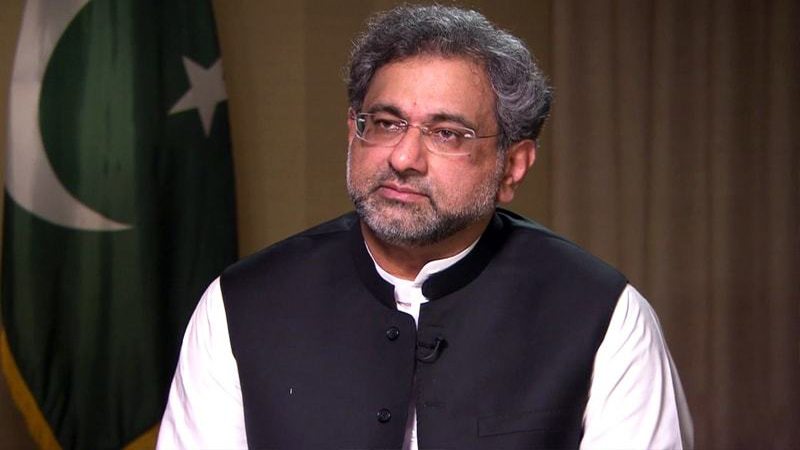
Abbasi assumed office after the country’s Supreme Court disqualified Nawaz Sharif as prime minister in July over corruption charges. Sharif, however continues to serve as the president of the country’s ruling Pakistan Muslim League-Nawaz (PML-N). Abbasi’s announcement came at a time when doubts had been blurring the possibility of the next general election and the continuation of the democratic system in the country due to ongoing crises and legal complications.
Senator Mushahidullah Khan, Minister for Climate Change, said that the announcement of the election date is very encouraging for the political system as well as for political workers. An influential opposition party the Pakistan Tehreek-e-Insaf (PTI), or the Pakistan Justice Movement, had campaigned for snap polls and underscored their demand by saying that the apex court’s decision against the former prime minister and corruption cases had created political uncertainty in the country and the government of Abbasi has no public support.
However, other opposition parties argued that the government should complete its five-year term to be ended anytime after March next year.
The government led by the PML-N survived a couple of severe crises including the cases against their party president, a three-times elected prime minister of Pakistan.
Although the ruling party quickly resolved the crisis that gripped the country after the apex court’s decision, some problems still remain as Sharif along with some of his family members are still facing cases in anti-corruption courts.
But the PML-N still remains popular in some parts of the country. Sharif told his supporters in the eastern city of Lahore this week that his party will “achieve an historic win” in the parliamentary election, asking party activists to focus on the coming elections.
Meanwhile, PML-N leaders also announced that Sharif would lead the party’s election campaign despite his disqualification from holding any public office.
“The disqualification of Nawaz Sharif could not affect the popularity of the leader of PML-N. The next general election will be conducted on time without any delay, and every coming day will kill the uncertainties about the democratic system and the polls,” said Khan, a senior leader of the PML-N and a close aide of Sharif. One of the positive aspects of Pakistan’s political scenario is that the military as of now did not intervene even during the political crisis, and Army Chief General Qamar Javed Bajwa on several occasions renewed support for the current democratic system.
For the first time in the county’s history, the army chief was invited by the Chairman of Senate for interaction with the upper house lawmakers on security issues this month, where he once again reiterated support for the system.
Published in Daily Times, December 31st 2017.

